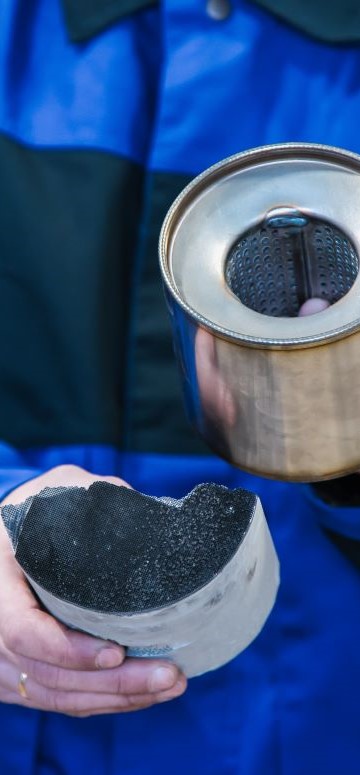
Catalytic converter recycling
Catalytic converter recycling is a crucial process that not only helps manage waste but also contributes to the conservation of precious metals and the reduction of harmful emissions. A catalytic converter is a device found in vehicles that contains precious metals like platinum, palladium, and rhodium, which act as catalysts to facilitate chemical reactions that convert harmful pollutants in exhaust gases into less harmful substances. Over time, these catalytic converters can wear out or become damaged, necessitating their replacement and recycling.
The process of recycling catalytic converters involves extracting the valuable precious metals from the spent converters. The converters are dismantled, and the catalyst material is carefully recovered using specialized techniques. This recycling not only helps recover valuable metals but also ensures that potentially harmful substances in the converters are properly managed and do not end up in landfills or the environment.
Catalytic converters should be recycled when they are no longer functioning effectively or when they need replacement due to damage. Additionally, as these devices contain valuable precious metals, recycling them helps meet the demand for these materials without relying solely on mining and extraction, which can have environmental consequences.
Catalytic converter scrap price
Catalytic converter scrap price depends on various factors, including the current market prices of precious metals like platinum, palladium, and rhodium. These prices can fluctuate based on factors such as supply and demand, economic conditions, and geopolitical events. The type of vehicle, the age of the catalytic converter, and the specific metals used in its construction also influence its scrap value.
For those in the UK seeking catalytic converter recycling services, choose Blancomet. We are experienced catalytic converter buyers with a commitment to ethical and sustainable recycling practices. Our expertise in handling catalytic converters ensures that you receive fair compensation for your scrap while contributing to the responsible management of valuable resources. Choosing our services not only supports efficient recycling but also aligns with a greener and more sustainable future for both the environment and the economy.





